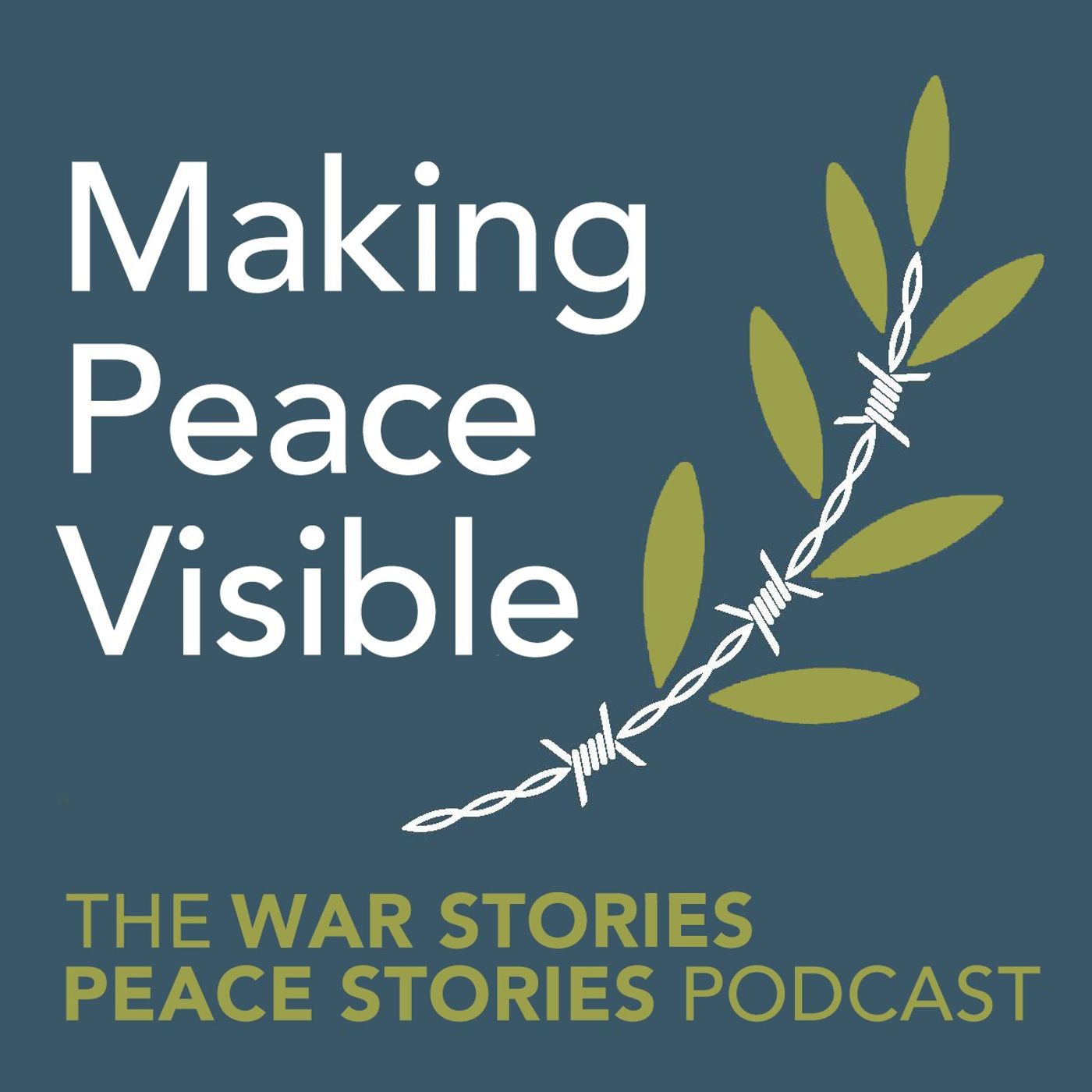Journalism as a brave space to talk about race
“The one embedded bias that we definitely have when we get up every day to cover the news anew is that we're biased for democracy. Let's just admit that. So if you're biased for democracy, then you have to be biased for racial justice, because racial justice is embedded in the democratic promise.” - Deborah DouglasSome of the most polarized debates in the United States today stem from issues of race, from policing to how history should be taught in schools. Our guest this episode, award-winning American journalist Deborah Douglas, believes the answer to polarization isn’t to cloister ourselves in so-called “safe spaces.” Rather, she sees journalism as a “brave space” to excavate the impact of America’s racial history on the current moment. Like previous guests Amanda Ripley and David Bornstein, Douglas practices Solutions Journalism – which looks at how systems work to solve social problems – and how they could work better for more people. Deborah Douglas is the Director of the Midell Midwest Solutions Journalism Hub at Northwestern University in Chicago. She’s also the author of US Civil Rights Trail: A Traveler’s Guide to the People, Places and Events that Made the Movement. In the past, she’s been co-editor In chief of The Emancipator, founding managing editor of MLK50: Justice Through Journalism, and much more. Find Deborah Douglas on Facebook, Twitter, and Instagram @debofficialy. Learn more at debofficially.com. SHARE THIS EPISODECopy and paste this link: https://bit.ly/MPVDouglas HOW TO RATE AND REVIEW MAKING PEACE VISIBLEIn Apple Podcasts on iPhone Tap on the show name (Making Peace Visible) to navigate to the main podcast pageScroll down to the "Ratings and Reviews" sectionTo leave a rating only, tap on the starsTo leave a review, tap "Write a Review"In Spotify(Note: Spotify ratings are currently only available on mobile.)Tap on the show name (Making Peace Visible) to navigate to the main podcast pageTap on the star icon under the podcast description to rate the showIn Podcast Addict(Note: you may need to sign in before leaving a review.)From the episode page: On the top left above the show description, click "Post review."From the main podcast pageTap "Reviews" on the top left.On the Reviews page, tap the icon of a pen and paper in the top right corner of the screen.ABOUT THE SHOWMaking Peace Visible is a project of War Stories Peace Stories. Our mission is to bring journalists and peacebuilders together to re-imagine the way the news media covers peace and conflict, and to facilitate expanded coverage of global peace and reconciliation efforts. Join the conversation on Twitter: @warstoriespeace. Write to us at jsimon@warstoriespeacestories.org. Making Peace Visible is hosted by Jamil Simon, and produced by Andrea Muraskin, with help from Faith McClure.Music in this episode by Xylo-Ziko, Doyeq, and Blue Dot Sessions

